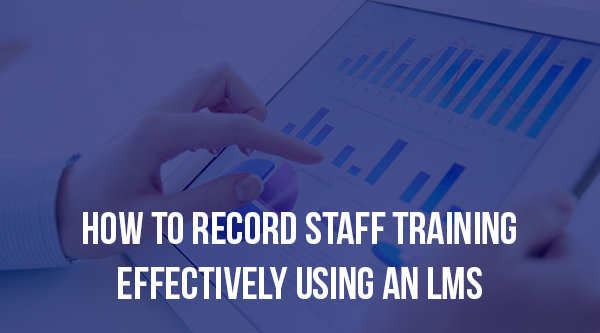Mastering Effective Leadership: Essential Skills for Small Business Managers
Written by: Nikki Campbell, Business Operations Manager
In the dynamic and competitive landscape of small and medium-sized enterprises (SMEs), effective leadership plays a crucial role in driving success. As an SME manager, mastering the essential skills of leadership is key to unlocking your team’s potential and achieving sustainable growth.
In this blog post, we will explore five essential leadership skills that will empower you to become a more effective manager in your small business.
- Clear Communication: One of the fundamental skills for any leader is the ability to communicate clearly and effectively. In an SME setting, where teams are often smaller and communication channels are more direct, the impact of effective communication is magnified. As a manager, ensure your team members understand their roles, goals and expectations by practising active listening, providing regular feedback and encouraging open dialogue. Clear communication fosters trust, improves collaboration and ensures that everyone is aligned towards a common purpose.
- Forward Thinking: Successful SME managers possess a visionary mindset that allows them to anticipate market trends, identify opportunities and set a clear direction for their teams. Develop your ability to think strategically by staying informed about industry developments, engaging in continuous learning and seeking insights from both internal and external sources. Encourage your team to share their perspectives and ideas. By aligning your vision with your team’s efforts, you can drive motivation and inspire them to achieve extraordinary results.
- Empowering and Delegating: SME managers often wear multiple hats, juggling various responsibilities. However, effective leaders understand the importance of empowering their team members and delegating tasks. Trust your employees to take ownership of their work, provide them with the necessary resources and support and encourage professional growth. Delegation not only relieves your workload but also enhances employee engagement, fosters a sense of autonomy and develops their skills and confidence.
- Emotional Intelligence: Emotional intelligence is a critical skill for managers in SMEs, where close-knit teams work closely together. By understanding and managing your emotions and those of others, you can build stronger relationships, resolve conflicts effectively and create a positive work environment. Practice empathy, active listening and constructive feedback. Cultivate self-awareness and adaptability and encourage your team to develop their emotional intelligence as well. A leader who demonstrates emotional intelligence can inspire trust, loyalty and commitment among team members.
- Continuous Learning and Adaptability: In the ever-changing landscape of SMEs, adaptability and continuous learning are indispensable skills for managers. Embrace a growth mindset, seek out opportunities for personal and professional development and encourage your team members to do the same. Stay updated with industry trends, technological advancements and best practices. Embrace change, promote a culture of experimentation and be open to new ideas. By encouraging a learning-oriented environment, you can lead your team to adapt and thrive in a rapidly evolving business environment.
Conclusion: Becoming a masterful leader in a small business requires a commitment to developing and honing essential leadership skills. By focusing on clear communication, visionary thinking, empowerment, emotional intelligence and continuous learning, you can enhance your effectiveness as a manager and create a positive impact on your team’s performance and overall success. Embrace these skills and embark on a journey of becoming an exceptional leader in your business.
More from our blog
-
 Reading time: 3 MinutesOctober 14, 2024
Reading time: 3 MinutesOctober 14, 2024 -
 Reading time: 3 MinutesSeptember 30, 2024
Reading time: 3 MinutesSeptember 30, 2024 -

-

-
 Reading time: 2 MinutesJune 17, 2024
Reading time: 2 MinutesJune 17, 2024 -
 Reading time: 2 MinutesMay 27, 2024
Reading time: 2 MinutesMay 27, 2024


